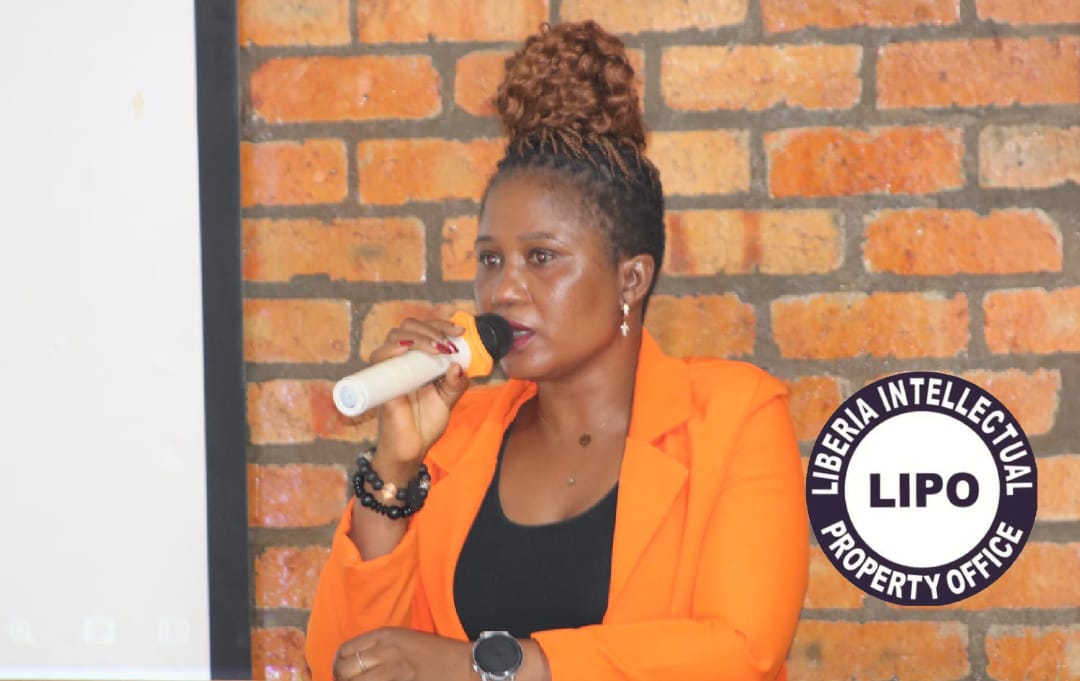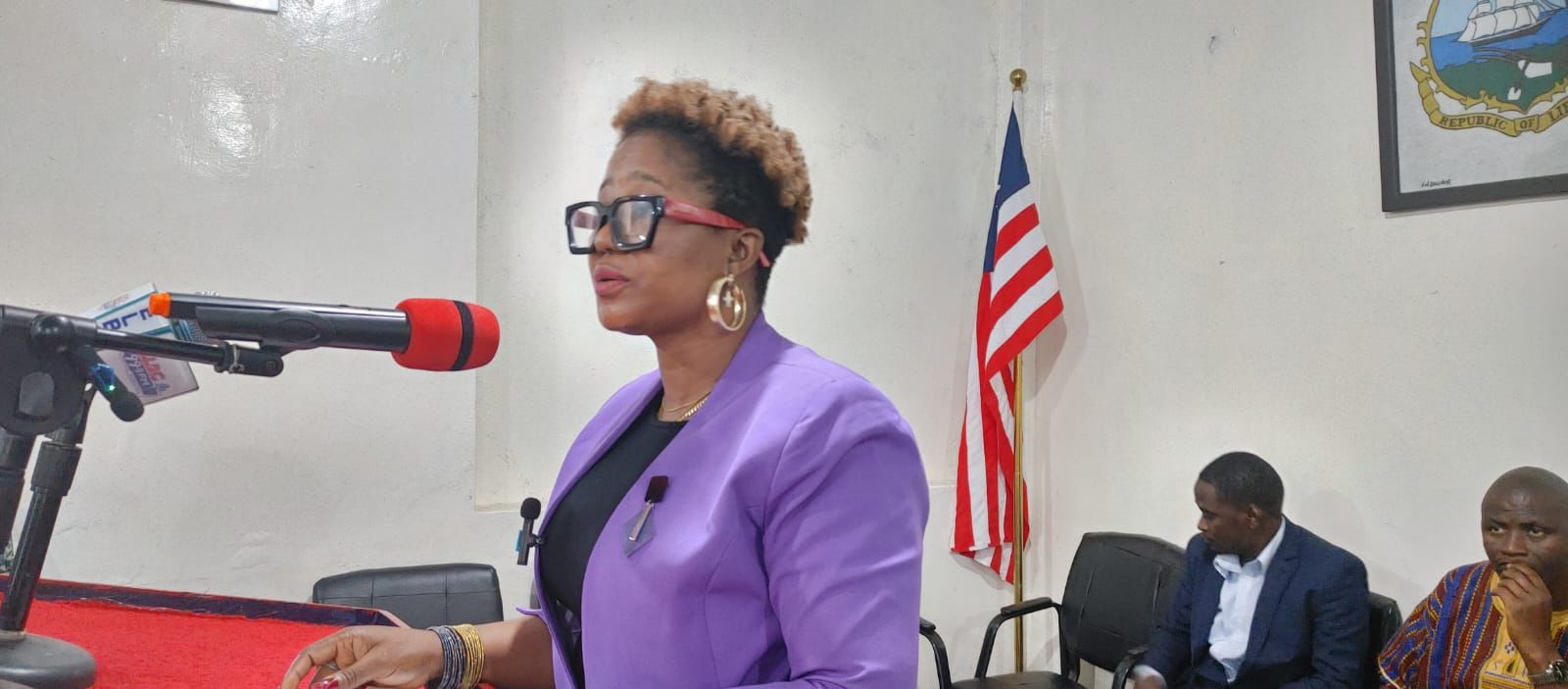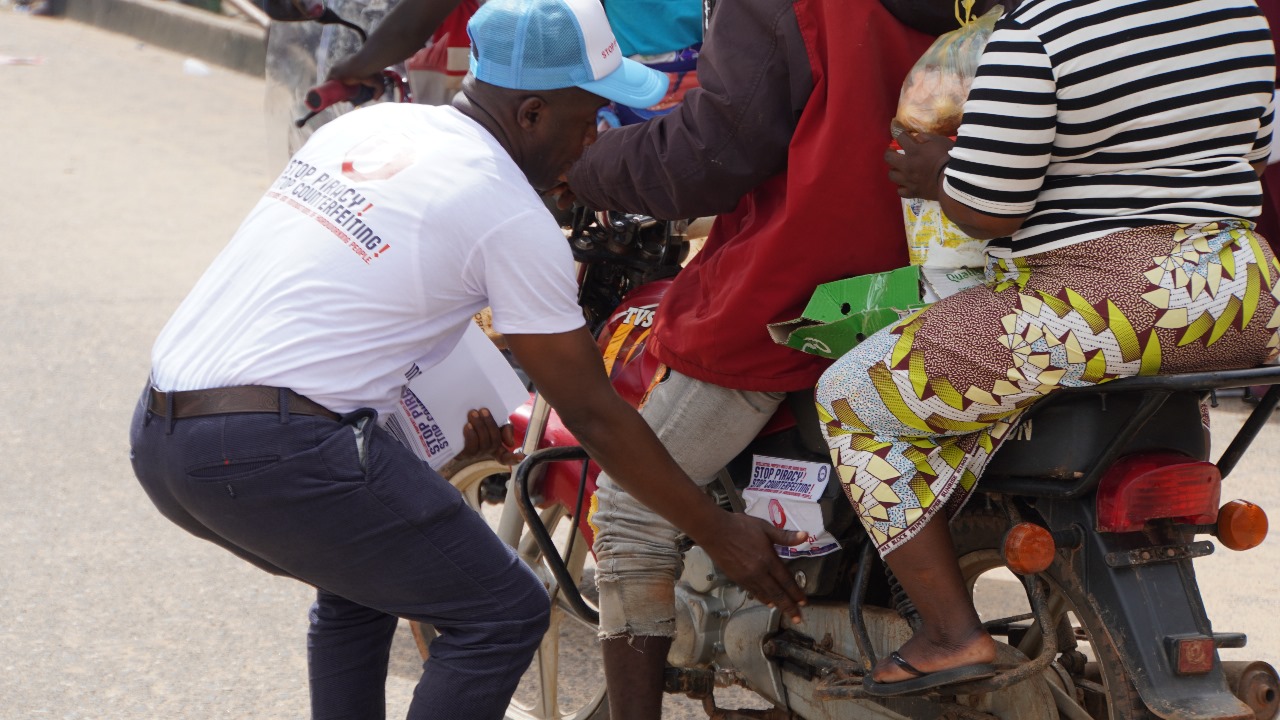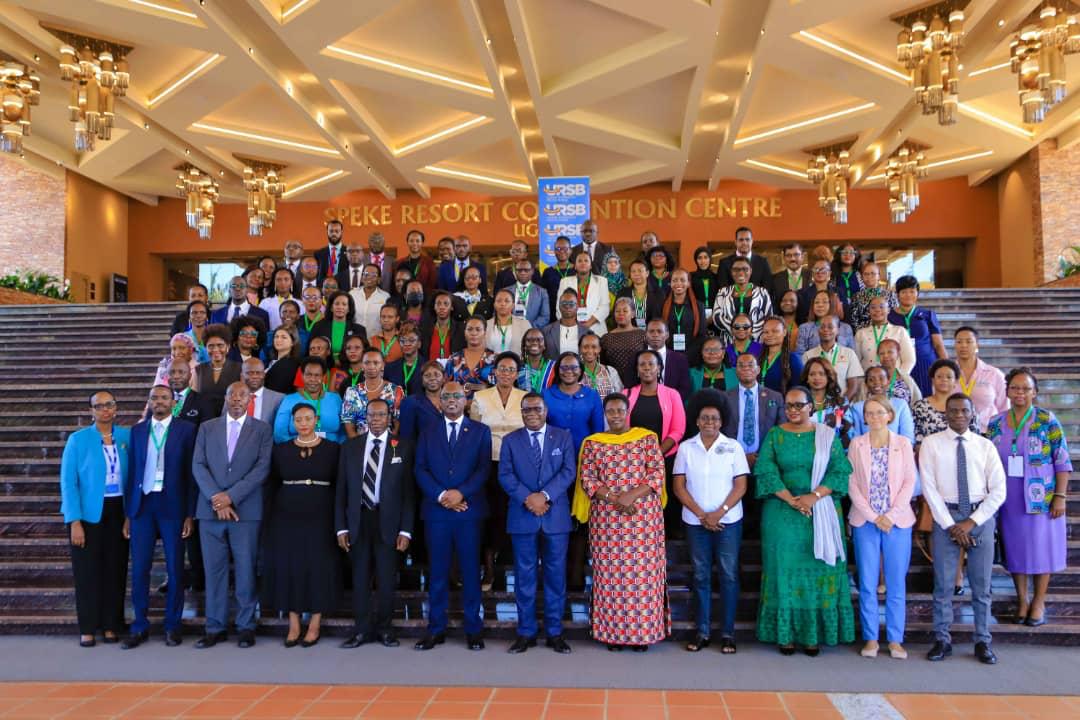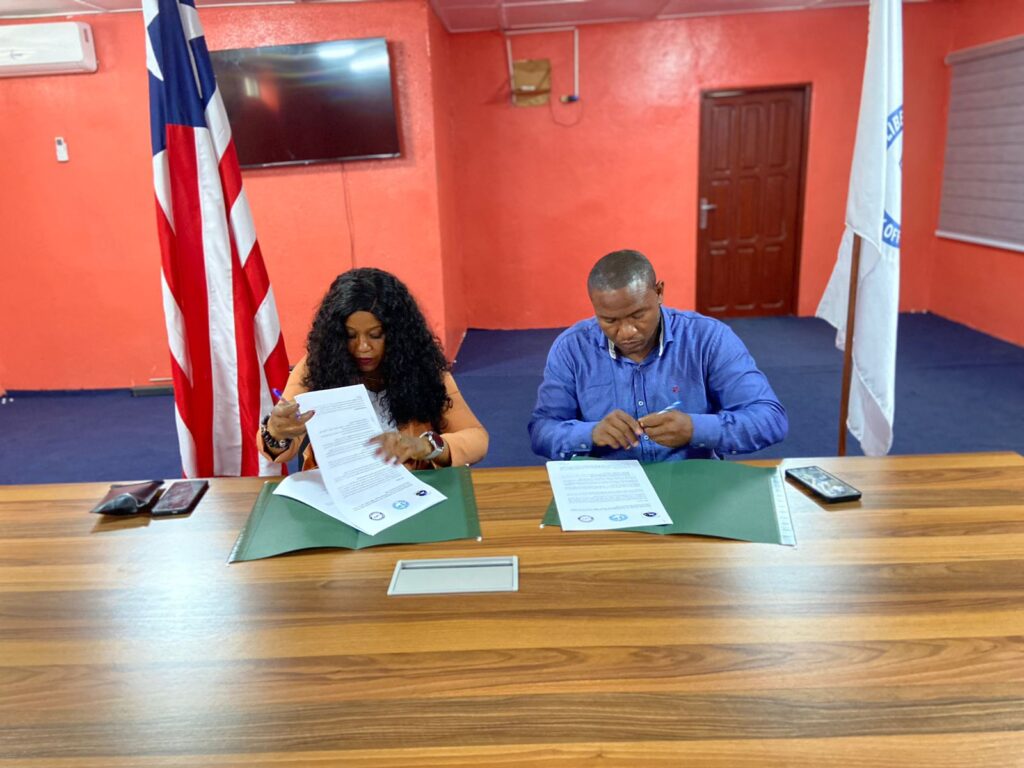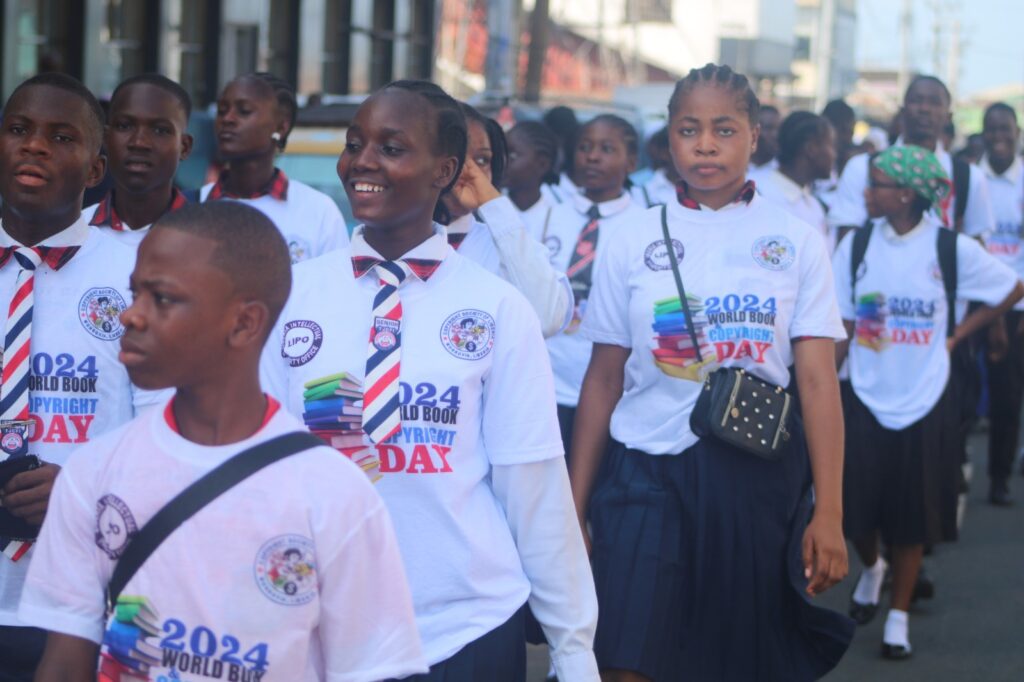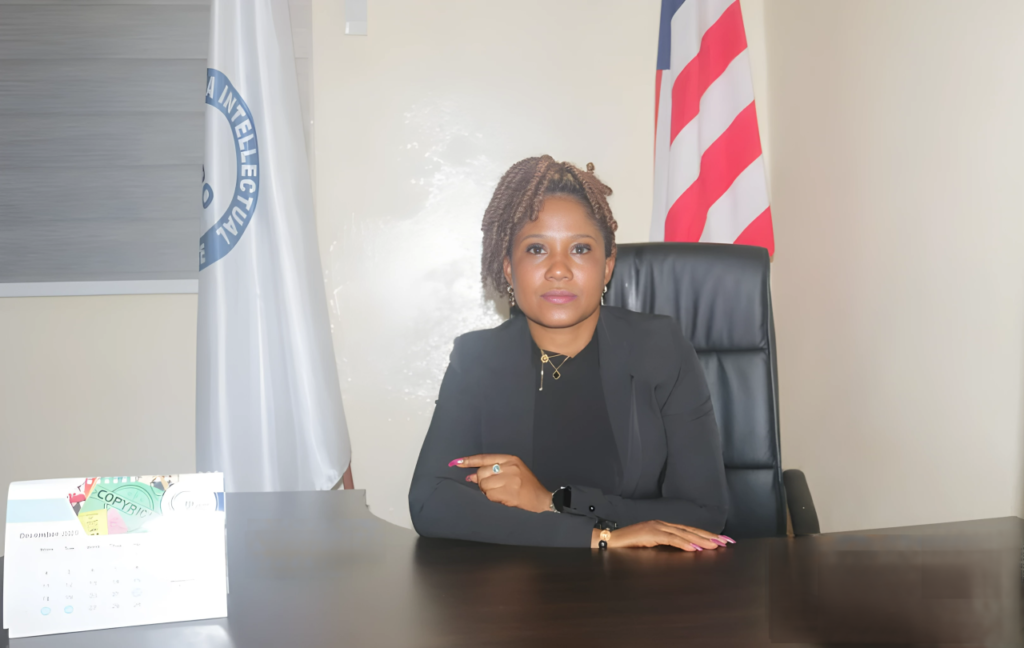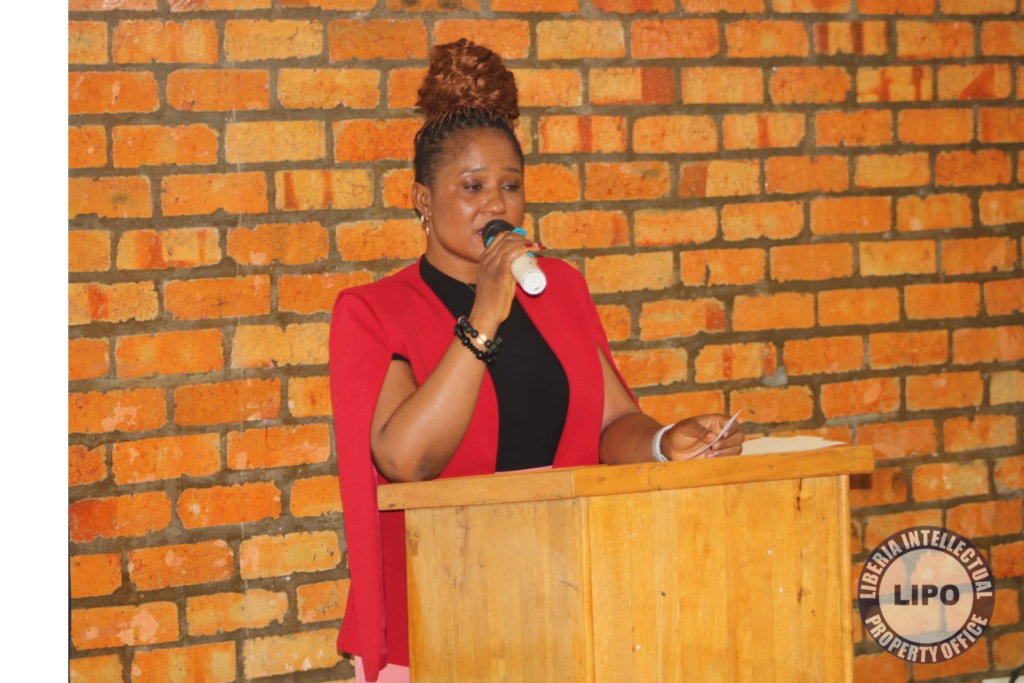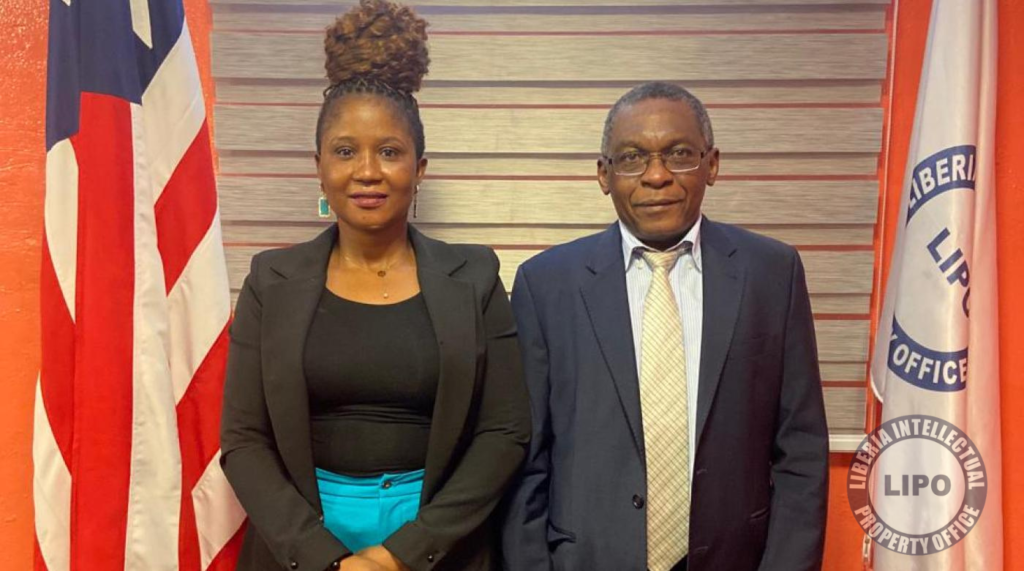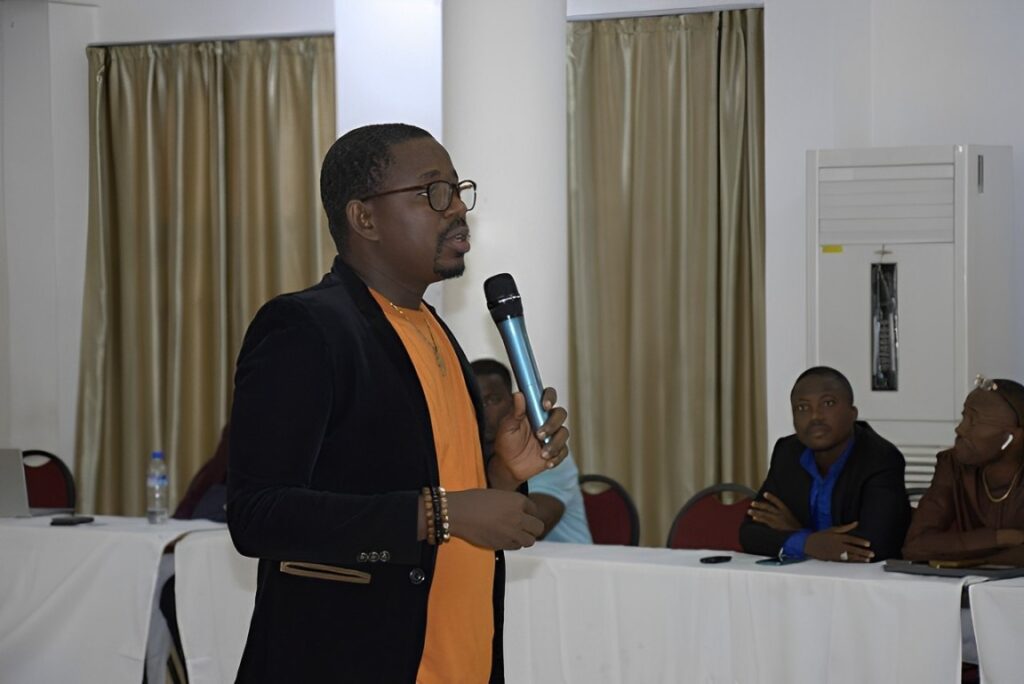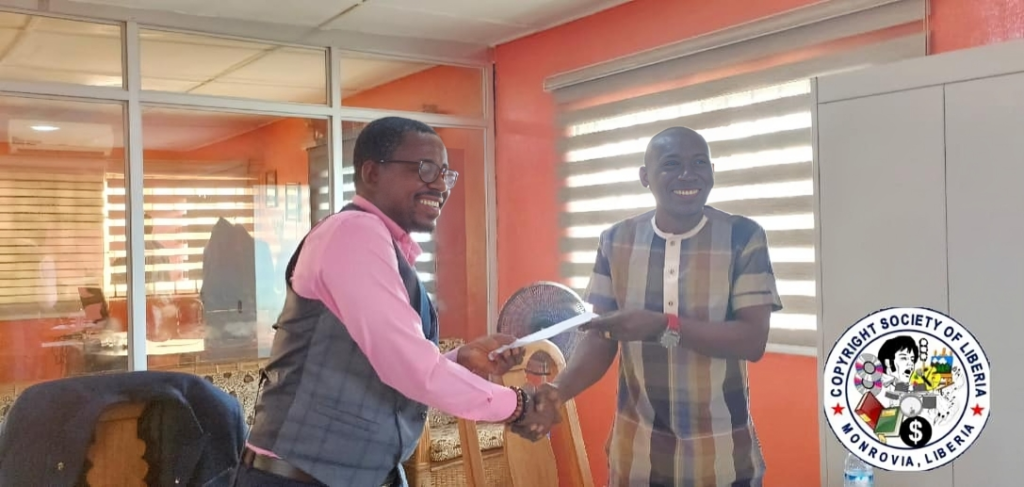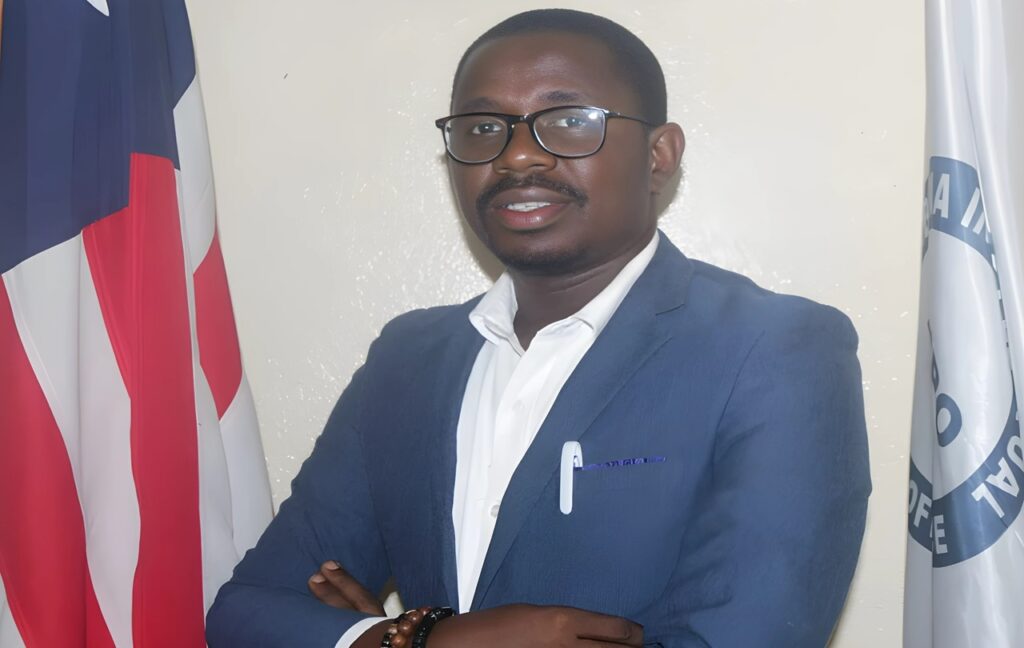— A Message from Hon. Garmai Koboi, Director General of the Liberia Intellectual Property Office
Fellow Liberians,
As we celebrate the World Intellectual Property Day on April 26, I am honored to share with you my administration’s vision for the future of intellectual property (IP) in Liberia. Since taking over about two months ago, my administration has been working to strengthen the capacities of the Liberia Intellectual Property Office (LIPO) to properly administer and protect intellectual property rights in accordance with international best practices.
This effort has resulted in the development of LIPO’s first-ever Strategic Plan—a pivotal moment in the institution’s nearly decade-long history. The document, which is expected to be adopted soon, was meticulously crafted under the guidance of dedicated intellectual property professionals to chart the course of making Liberia an IP-conscious nation within a few years.
At the core of this Strategic Plan lies a multifaceted approach aimed at harnessing the transformative power of intellectual property to underpin our nation’s socio-economic growth.
Central to the Strategic Plan is the quantification of the contribution of intellectual property to the Liberian economy. This research will provide the empirical evidence needed to advocate for greater recognition and prioritization of intellectual property in national development plans. Showcasing the impact of intellectual property on the country’s GDP and job creation, and highlighting the economic cost of infringement will spark nationwide awareness and respect for intellectual property—thanks to the availability of economic data that would foster easy public understanding—while serving as the basis for data-driven policy decisions and regulations.
Additionally, the digitalization of LIPO’s operating system has been identified as a significant project in the Strategic Plan, and by July to August of this year, the process will be completed. This reform intends to remove barriers hindering uptake in intellectual property protection.
The democratization of the registration process will level the playing field for small businesses and entrepreneurs and enhance the accessibility of intellectual property services. Registration processes for copyrights, patents, trademarks, and any other intellectual property rights will be done with ease and efficiency from anywhere across the country and the world at large—just by a click of a button.
Equally critical is the vital recognition given to small and medium-sized enterprises (SMEs) and startups in the Strategic Plan to drive economic dynamism and job creation over the years. To this end, significant focus will be placed on launching a specialized IP service program tailored to the needs of SMEs and startups. The goal is to assist SMEs in registering, evaluating, and commercializing their intellectual assets.
This targeted support and guidance will, therefore, unlock the full potential of Liberia’s entrepreneurial ecosystem and foster a culture of innovation-led growth.
In tandem with these initiatives, significant focus is expected to be placed on strengthening the culture of intellectual property enforcement in Liberia. While regular enforcement raids and prosecutions remain a core part of our enforcement strategy, the development of comprehensive regulatory frameworks on copyright, industrial property, and enforcement measures as well as agent manuals—are of high priority. Clear and enforceable regulations will provide certainty and predictability for businesses, investors, and creators, as well as, instill confidence in the integrity of Liberia’s intellectual property regime and foster a conducive environment that breeds a culture of innovation and creativity across the nation.
Also, agent manuals on industrial property and copyright registration will become indispensable resources for the general public, especially lawyers. It will guide them through the intricacies of the registration process. These manuals, when developed, will enhance the professionalism and efficacy of the IP ecosystem, as more lawyers will be equipped with the knowledge and tools needed to navigate Liberia’s IP landscape effectively, thereby safeguarding the interests of rights holders and promoting a culture of compliance.
The projects as outlined and the rest that will be implemented in the first two years of my tenure represent a critical step in my administration’s efforts to develop Liberia’s intellectual property ecosystem in line with international best practices. They represent a coherent and holistic approach towards fostering a culture of innovation, protecting intellectual property rights, and leveraging creativity as a catalyst for socioeconomic advancement.
And so, as we celebrate World Intellectual Property Day on April 26, under the global theme, “IP and the SDGs: Building our common future with innovation and creativity,” I reaffirm the collective commitment of the senior management team and staff of LIPO to realizing Liberia’s intellectual property renaissance—propelling Liberia towards a future defined by prosperity, progress, and sustainable development.
Please join us on April 26 in celebrating World Intellectual Property Day by committing to respect and value intellectual property rights. Together, we can create the sustainable economic future we all desire.
Therefore, I am calling on all Liberians to make a personal commitment to actively oppose intellectual property infringement in all its forms, as it undermines creativity, innovation, and our collective pursuit of sustainable development.
Sincerely,
Garmai Koboi
Director General Liberia Intellectual Property Office



